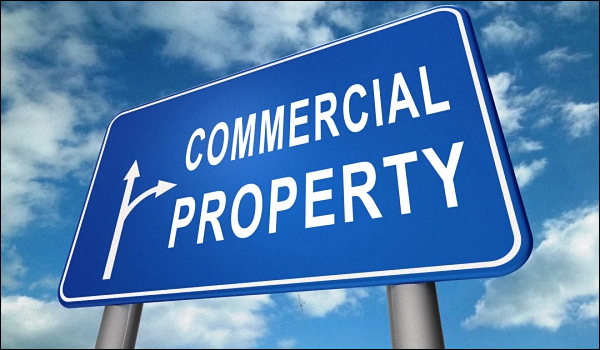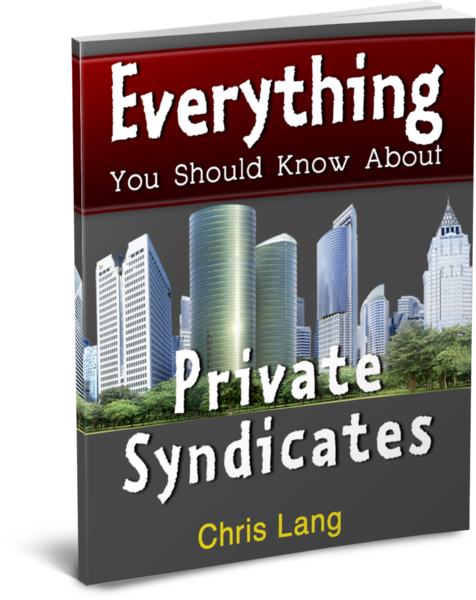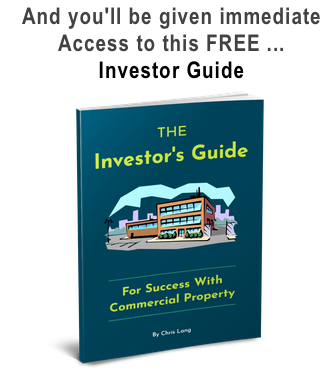
IT DOES NOT MATTER whether you’re an investor or an owner-occupier, there are several important factors to consider when purchasing a commercial property – to ensure you make the right choice.
In a previous article, I shared a handy App to assist you in shortlisting potential properties. If you haven’t already downloaded it, simply click on the HiReturn Filter over on the right to install it on your tablet or mobile device.
The App includes short walk-through videos explaining how to align your investment Objectives with the appropriate Buying Criteria.
Once you have a shortlist of potential properties, it’s important to delve deeper into your research.
Always verify whatever you’re being told
Performing due diligence is crucial when purchasing a commercial property. Hire a qualified building consultant to inspect and report on the property’s structural and technical aspects.
This will give you peace of mind and help minimise unexpected expenses in the future.
Additionally, it’s important to have the contract checked by a lawyer and an accountant before allowing it to go unconditional.
Something for Your Business?
If you plan to occupy the property yourself, consider renting a property in your preferred neighbourhood or location first. This will allow you to test whether the area works for your business, before making a large investment.
Finding a property to lease is relatively easy, as not everyone wants to sell their commercial property.
Most commercial property owners are focused on investment; so they are keen on leasing you their space, if you continue to pay the rental.
Arranging Finance
 When seeking finance for a commercial property, keep in mind that commercial property loans are structured differently from home loans.
When seeking finance for a commercial property, keep in mind that commercial property loans are structured differently from home loans.
It’s important to understand the rules for commercial property before making a purchase.
And working with a good finance broker can help you navigate this process.
Make sure you have all the necessary documents up to date and accurate, as this will help you respond confidently to lenders’ questions.
You’ll also need enough equity to cover closing costs such as stamp duty, legal fees, and valuations. Banks are more likely to lend to investors with a good starting equity.
Maintain a Tight Focus
 When you are looking to buy a commercial investment property, limit your search to within a 30-minute radius of where you live. Or try to stay within a 30-minute radius of your managing agent’s office.
When you are looking to buy a commercial investment property, limit your search to within a 30-minute radius of where you live. Or try to stay within a 30-minute radius of your managing agent’s office.
This lets you or your agent easily monitor the property and stay informed about local events that may impact its value.
Instead of buying separate strata offices or small warehouse units in different locations, consider buying two or three properties in a row with separate titles.
That will provide flexibility, which can often result in a discounted price and lower management fees, due to grouping.
If you plan to purchase something larger, it’s best to buy it on one title. And then create separate titles yourself – to generate some long-term growth for your property.
You don’t have to go out alone …
 If you have limited equity as an investor, consider setting up a small private syndicate with other like-minded investors.
If you have limited equity as an investor, consider setting up a small private syndicate with other like-minded investors.
This allows you to purchase properties in the $5 million to $10 million price range, where there is less competition.
It also provides the opportunity to attract higher-quality tenants.
Bottom Line: By following these steps, you should be able to build a trouble-free commercial property portfolio over time.
Best wishes …













Speak Your Mind